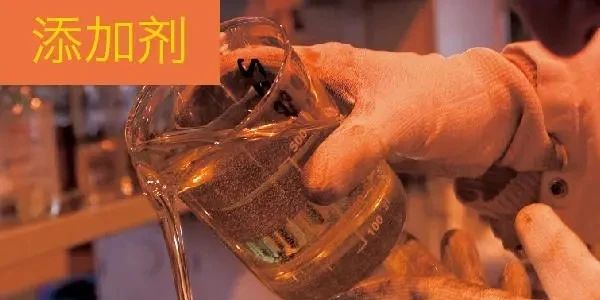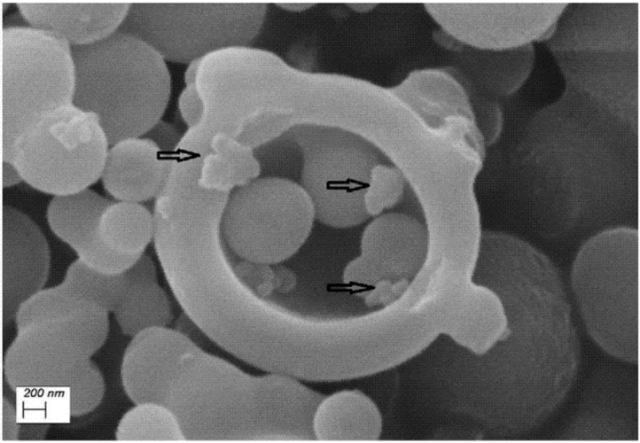
Privacy statement: Your privacy is very important to Us. Our company promises not to disclose your personal information to any external company with out your explicit permission.



November 08, 2024
April 26, 2024
April 26, 2024
Magnesium alloy processing new favorite: Environmentally friendly nano cutting fluid, efficiency and green win-win secret? Advantages of environmentally friendly nano-cutting fluid applied on...
Medical device grease standard mystery, what is the future trend? Grease for medical devices plays a vital role in medical equipment, and its quality and performance are directly related to the...
Nanoscale cutting fluid: the new star of the market, the challenger of traditional cutting fluid In recent years, with the rapid development of science and technology and the continuous progress of...
Discussion on the problem of difficult cleaning of drawing oil for cold rolled sheet In the process of cold-rolled sheet processing, stamping and drawing is an important link, and the use of drawing...
Email to this supplier
November 08, 2024
April 26, 2024
April 26, 2024
Send Inquiry

Mr. James
Tel:0086-371-58651986
Fax:
Mobile Phone:+86 13783582233
Email:sales@cn-lubricantadditive.com
Address:No.11 Changchun Road, High-Tech Zone, Zhengzhou, Henan
Related Products List
Mobile Site


Privacy statement: Your privacy is very important to Us. Our company promises not to disclose your personal information to any external company with out your explicit permission.

Fill in more information so that we can get in touch with you faster
Privacy statement: Your privacy is very important to Us. Our company promises not to disclose your personal information to any external company with out your explicit permission.